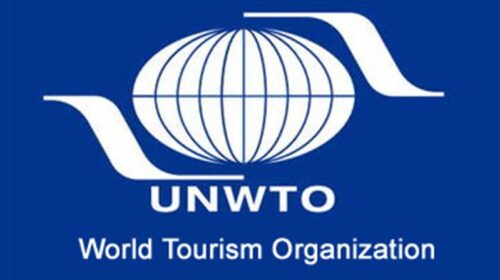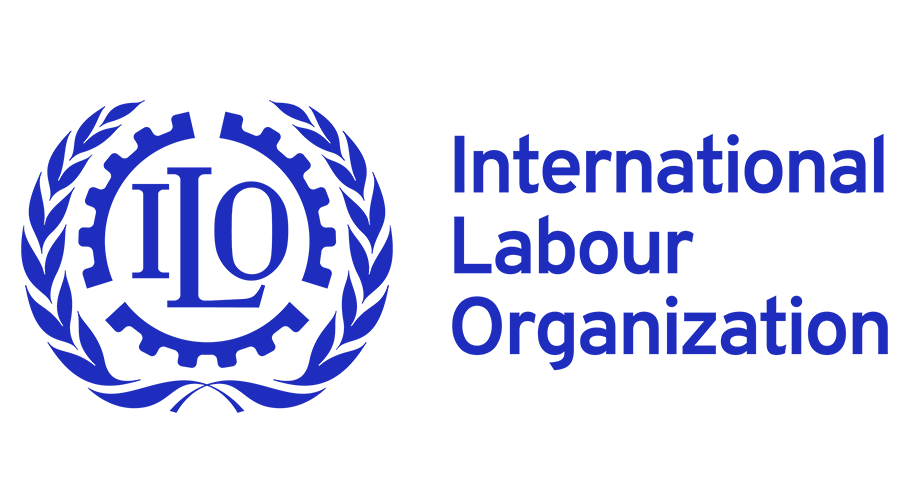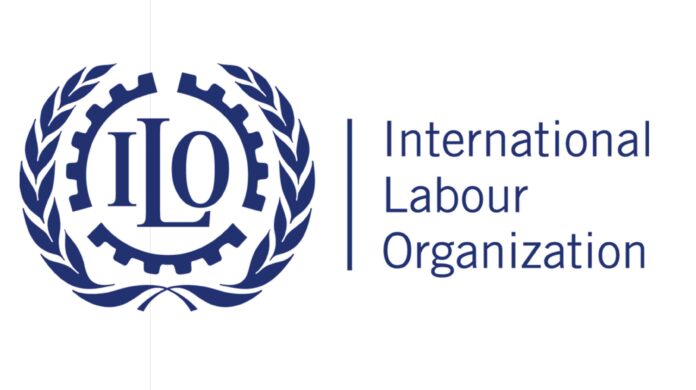Only three countries, namely China, Egypt, and Oman, were absent from the G20 meeting held in Islamabad. Recently, India successfully hosted the G20 Tourism Working Group meeting in Srinagar from May 22 to 24, welcoming 59 international delegates.
Following the event, Pakistan’s Charge de Affairs (CDA) to India expressed dissatisfaction and lodged a protest with the countries that attended the gathering in the Valley, according to sources.
Pakistan had actively lobbied with the invited countries from the Organisation of Islamic Cooperation (OIC) to boycott the event in Srinagar. Their reasoning behind this was that Jammu & Kashmir was a disputed territory. However, out of the OIC member states, only China, Egypt, and Oman heeded Pakistan’s call to skip the G20 meeting. It is noteworthy that both Egypt and Oman have received invitations from India to attend the September G20 Summit, making their absence at the tourism working group meeting even more significant. On the other hand, three representatives from the travel industry in Turkey, as well as two representatives from Saudi Arabia, attended the event unofficially, without any official participation.
India Successfully Hosts G20 Tourism Working Group Meeting in Srinagar with International Participation Despite Absences
Among the OIC countries, Nigeria’s deputy high commissioner and three delegates from the high commission, Bangladesh’s high commissioner, one official and two travel industry representatives from the UAE, and one embassy representative from Indonesia were present at the meeting.
Notably, the absence of key countries such as China and Pakistan was overshadowed by the active participation of international organizations like the United Nations, the World Tourism Organization (UNWTO), the UN Environment Programme (UNEP), the World Travel and Tourism Council (WTTC), and the International Labour Organization (ILO).
Despite Pakistan having no standing or authority in either the G20 or Srinagar, as highlighted by India’s External Affairs Minister, S Jaishankar, during the Shanghai Cooperation Organisation (SCO) foreign ministers’ summit in Goa earlier this month, Pakistan’s foreign minister, Bilawal Bhutto Zardari, visited Pakistan-occupied Kashmir (POK) on May 23.
During his address at a meeting in Bagh, he criticized the Narendra Modi government for hosting the Srinagar event, while thanking China, Saudi Arabia, and Turkey for their ostensible decision to avoid the G20 meeting in Srinagar. Bhutto Zardari accused the Modi government of maligning Pakistan and the Kashmiri people.
It’s worth noting that China was the only country that openly declared its boycott of the Srinagar meeting, citing its opposition to holding the event in what Beijing referred to as a “disputed territory.”
Apart from the instrumental role played by the Jammu & Kashmir administration, including Lieutenant Governor Manoj Sinha, in ensuring the success of the G20 event in Srinagar, the G20 secretariat, the Ministry of Tourism, and national security agencies also played vital roles in guaranteeing a peaceful and incident-free gathering.
According to sources, India had sternly warned Pakistan of potential repercussions if any incident involving Pakistan-sponsored terrorists occurred during the Srinagar event. This strong message conveyed India’s commitment to maintaining the safety and security of all participants and visitors. The proactive measures taken by Indian authorities, coupled with effective coordination among various agencies, ensured that the event proceeded smoothly and without any untoward incidents.
The G20 Tourism Working Group meeting held in Srinagar received significant international participation, with only three countries opting to abstain.
Pakistan’s attempts to persuade OIC member states to boycott the event were largely unsuccessful, with several key countries attending the gathering. The success of the event was attributed to the collaborative efforts of the J&K administration, the G20 secretariat, the Ministry of Tourism, and national security agencies.
India’s commitment to maintaining security and its proactive approach in addressing potential threats were also evident throughout the meeting.
India successfully hosts G20 Tourism Working Group meeting in Srinagar with notable absences and Pakistan’s protest
In a recent gathering of the G20 Tourism Working Group in Srinagar, India successfully hosted delegates from 59 countries, with notable absences from China, Egypt, and Oman. Pakistan’s Charge de Affairs (CDA) to India expressed dissatisfaction and protested against the countries that attended the event in the disputed region of Jammu & Kashmir.
However, Pakistan’s attempts to persuade member states of the Organisation of Islamic Cooperation (OIC) to boycott the meeting were largely unsuccessful, with several key countries disregarding Pakistan’s call. The success of the event can be attributed to the collaborative efforts of various entities, including the Jammu & Kashmir administration, the G20 secretariat, the Ministry of Tourism, and national security agencies.
Despite Pakistan’s lobbying efforts, the G20 Tourism Working Group meeting in Srinagar saw active participation from numerous countries and international organizations.
Among the OIC member states, only China, Egypt, and Oman decided to abstain from attending the gathering. This absence is noteworthy, especially considering that Egypt and Oman had received invitations from India to attend the September G20 Summit. Additionally, unofficial representatives from Turkey and Saudi Arabia attended the event, emphasizing the significance of the meeting.
Despite the absence of key countries such as China and Pakistan, the active participation of international organizations like the United Nations, the World Tourism Organization (UNWTO), the UN Environment Programme (UNEP), the World Travel and Tourism Council (WTTC), and the International Labour Organization (ILO) overshadowed their non-participation.

